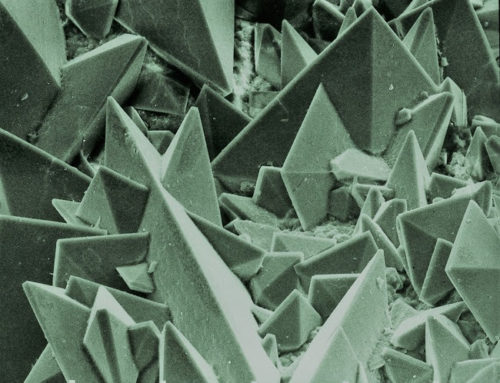Lifestyle choices are widely known to play a role in the onset of many cancers. By making some key changes in how you live your life and the food you eat, you can dramatically reduce your risk. Smoking contributes to over 30 percent of cancer cases, and it has been suggested that another 30 percent of cases can be prevented by eating a healthy diet. Research from the American Institute for Cancer Research and the American Cancer Society suggests that over half of all cancers could be prevented by simple lifestyle changes.
While the link between diet and cancer is not yet definitive, there is a growing body of evidence to suggest that diet can indeed play a role in cancer prevention.
Research has shown that a diet high in antioxidant-rich foods is linked to a lower incidence of cancer. Those following a vegetarian diet, for example, are less likely to experience conditions such as breast or ovarian cancer, and the risk of other types of cancer is also reduced. Antioxidants are found in a wide variety of fruit and vegetables, and prevent damage being done to the DNA by chemicals known as free radicals. These are mostly located in and just underneath the skin, so peeling the fruit before eating means that you will derive fewer benefits from it. Foods such as garlic, berries, and green tea contain high levels of antioxidants.
Increased intake of carotenoid chemicals have also been linked to a reduced rate of cancers, and these can be found in foods such as carrots, tomatoes, and sweet potatoes.
Isolating the specific compounds in fruits and vegetables that help prevent cancer is difficult and has, thus far, been somewhat unsuccessful. Regardless, we do know that ensuring antioxidants, vitamins, and minerals are present in your diet can only be done by eating whole foods, where they are found naturally.
Cancer is a complex disease that is caused by the interplay of many different factors, including genetics, environment, and lifestyle. However, it is safe to say that eating a balanced diet, consisting mostly of whole foods, some lean protein, and good fats, can go a long way toward preventing the onset and progression of the disease.



